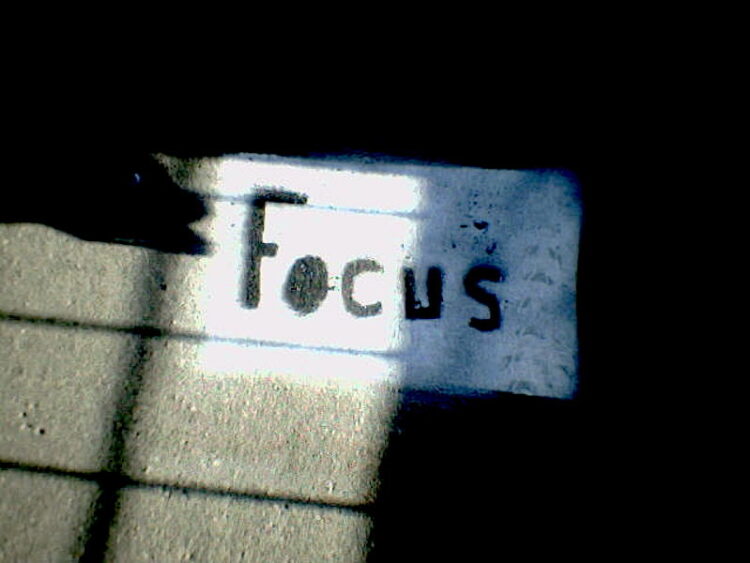
Every entrepreneur and most professionals wish there were more hours in a day to get their work done. These days, with all the new technology, including smartphones and social media, many are convinced that multi-tasking is the answer. Yet there is more and more evidence that jumping tasks on every alert for a new email, text, or phone call actually decreases overall productivity.
According to a new book, “One Second Ahead,” by noted authority on training the mind, Rasmus Hougaard, there are some basic rules that can really help you manage your focus and awareness in all work activities. Practicing these will ensure greater productivity, less stress, more job satisfaction, and an improved overall sense of well-being.
The top two rules, which he calls mindfulness, include a singular focus for at least a few minutes on your current task, and limiting your distractions very strictly during this period. Don’t ever try to do two significant cognitive tasks at the same time, switching on a millisecond basis, or your attention will become fragmented and both will suffer.
Hougaard outlines eight mental strategies or habits that every entrepreneur needs to cultivate, to keep your mind clearer and calmer, and increase your overall productivity. I concur, based on my own extended career in business and mentoring entrepreneurs. Examples of companies already coaching their teams on these mental strategies include Google, Starbucks, AOL, and more:
- Mentally be fully present and engaged in the current task. Presence is foundational for focus and mindfulness. It means always paying full attention to the people, objects, and ideas around you. Practice by making a conscious decision to intentionally be more present with a team member, with a client, at a meeting, or at home.
- Deliver rational responses rather than impulsive reactions. This requires patience, or the ability to endure some discomfort and stay calm in the face of challenging situations. Patience is more concerned with larger goals, rather than temporary quick-fix solutions. Practice by stopping and taking a few breaths to calm down, before reacting.
- Choose to always give honest and constructive feedback. Show kindness. Do unto others as you would have them do unto you. Practice by incorporating kindness in every interaction with people, by showing attention, respect, understanding, and acceptance. You will improve everyone’s productivity, and make yourself happier as well.
- Approach every situation with a beginner’s mind. Without a beginner’s mind, what you have seen and done in the past, called habitual perception, can be problematic. It means you may not actually see today’s reality. Practice by overtly rejecting any habitual perceptions, and challenging yourself to be more curious in your day-to-day activities.
- Refrain from extended fighting with problems you can’t solve. Acceptance is the realization that every problem can’t be solved, and frustration or anger won’t resolve the issue. It will just make you less effective and less happy. Practice by choosing to move on, without carrying an inner battle, when you have exhausted all reasonable efforts.
- Balance your focus between instant gratification and discomfort work. Consciously identify the tasks that come easy to you, such as email and texting, versus tougher tasks, maybe including customer complaints or confronting coworkers. Practicing awareness of balance will lead to a change in your level of quick distraction and long-term avoidance.
- Proactively seek moments of joy throughout your day. Most of us are “always on,” always connected, and always running, all day. The key to cultivating joy is to anticipate at least some activities you enjoy daily. Many people find joy in just sitting still for a few minutes in quiet contemplation. Others find an occasion to smile or laugh every day.
- Consciously let go of heavy thoughts and distractions. Letting go is a simple but powerful mental strategy to clear your mind and refocus on the task at hand. Let go of a problem stuck in your head, or frequent distractions, such as a new email or text message. Practice by periodically relaxing and breathing to refocus your thoughts.
Without these mindfulness initiatives, most people will find their ability to focus at work declining. We all face the same information overload, increased pressure to move fast, and highly distracted work reality. Our attention is continuously under siege, leading to fewer results. Have you noticed an impact on your productivity, health, and happiness? Now may be the time to increase your focus.
Image credit: CC by purplejavatroll



